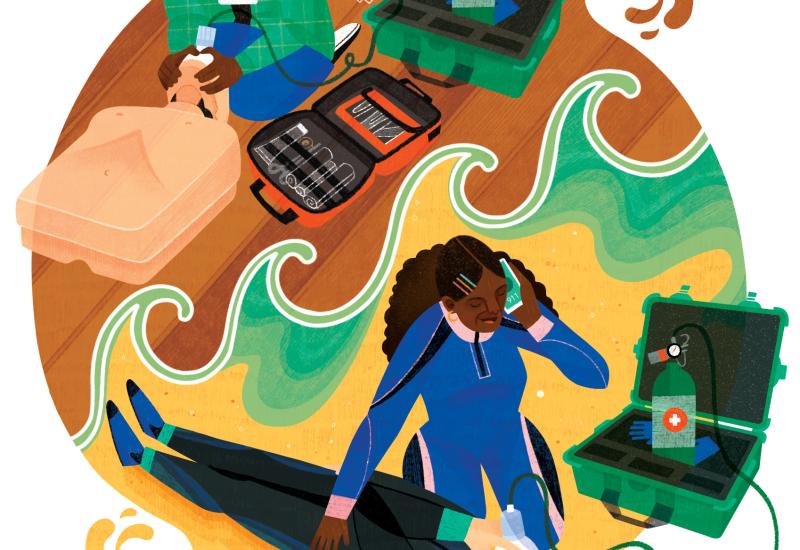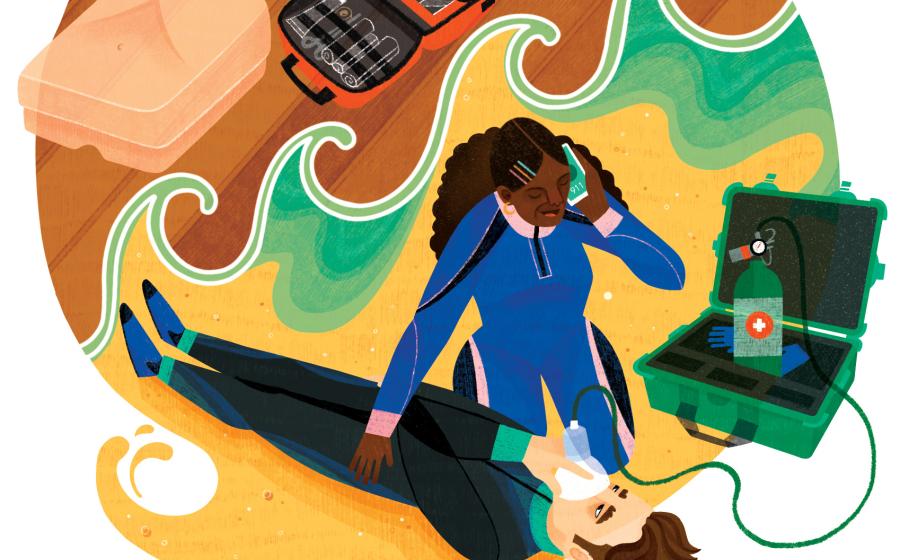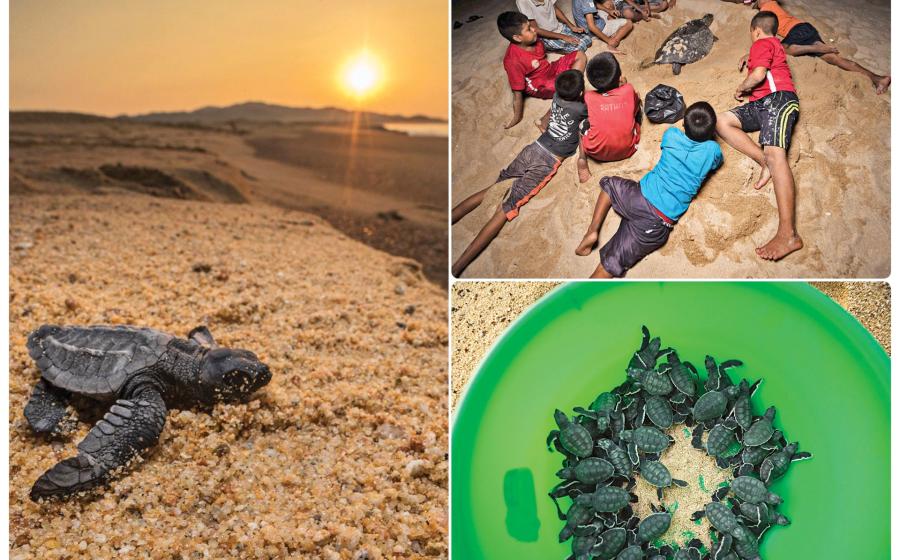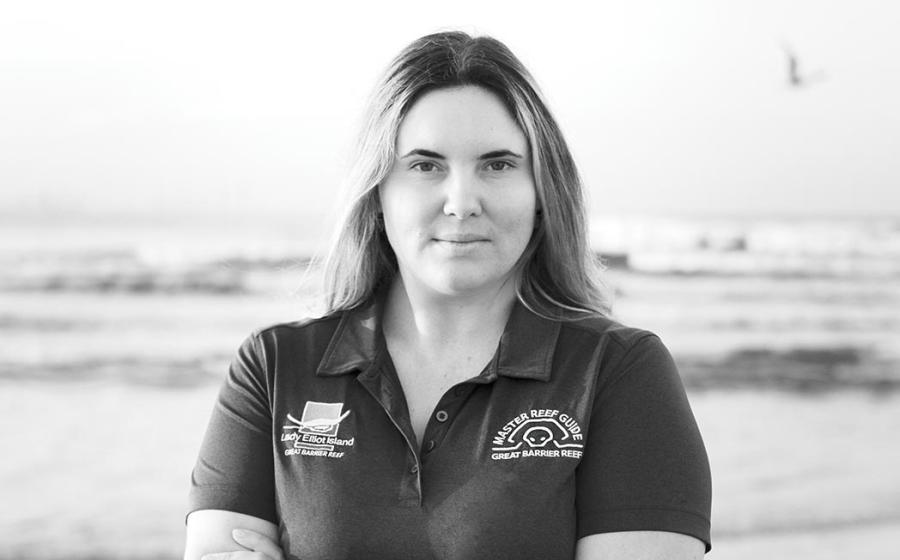Free Your Mind with Forrest Simon

Courtesy PADI"The ability to teach and help fellow freedivers just be is by far the most rewarding part of freediving to me."
Utilizing freediving for photography, recreation and exploration, Forrest Simon has spent decades as a student of Mother Nature. He began his journey of freediving safety advocacy in 2002 and continues to promote that through training courses, public speaking and events.
In 2015, Simon started freediving competitively and quickly joined the ranks of the elite, competing on the USA Freediving Team and also achieving the depth of 257 feet (78 meters) using traditional bi-fins, which makes him one of the deepest bi-fin freedivers ever.
Related Reading: The Risks of Task Overloading While Diving
Q: You represent Team USA competitively. What does it take to prepare for an event, and what does your training entail?
FS: For me, preparing for a freediving competition is a unique balance of physical and mental preparation. I tend to stay in good “dive shape” being in the water weekly with my teaching. Because of this, I need to make sure I don’t physically overtrain. A majority of my preparation is on the mental side — I do a lot of visualizations and guided meditations combined with some apnea exercises. The mind is the most overlooked when it comes to freediving, yet it’s responsible for most of a freediver’s success and enjoyment in the sport. I tell my students, “Free the mind and the body will follow!”
Q: How’d you get into freediving, and why do you do what you do?
FS: I grew up in the waters of South Florida, and freediving — skin diving as it was called then — was just a natural way of exploring the underwater world. I have pursued freediving as a career, passion, sport and recreation because it has so many incredible dynamics to it — be it challenging myself and my limits in the competitive side of freediving, exploring a new wreck, taking photos of sea life or simply enjoying the sounds of being underwater while holding my breath. Freediving takes me to the place and state of mind I experienced as a child.
Q: Where are you mentally before and during a dive? Is there something you concentrate on?
FS: Before a dive, I am working on relaxing and disconnecting from everything around me. Through breathing patterns, visualizations and deconcentrating, I put myself in a meditative state of mind. During my dive I am usually in a relaxed mindset, in the moment. Everything before and after that moment is nonexistent. Sometimes a song pops in my head, and I have no control of what it might be. I just let it play and go through my routine of the dive: kicking, equalizing, sinking, equalizing, equalizing and then more equalizing. As you can see, equalizing plays an important role in freediving for depth.

Courtesy PADIForrest Simon represents Team USA competitively.
Q: What is your favorite or most memorable freediving experience?
FS: I’m often asked my favorite experience freediving, and while I would love to say it has been one of my incredible encounters with amazing sea life, or perhaps breaking into a new depth, my most rewarding experiences have been with my students as a PADI Master Instructor. Whether it is helping the student overcome a fear, or perhaps witnessing firsthand the transformation of the students as human beings because they took that first class, the ability to teach and help fellow freedivers just be is by far the most rewarding part of freediving to me.
Related Reading: An Ode to Shallow Diving
Q: Do you have any future freediving goals?
FS: I am constantly on a mission to improve the freediving community and get folks educated and armed with the knowledge to dive safer. I want to see programs implemented throughout the dive industry connecting instructors and brands to more effectively spread the freedive gospel. Personally, my freedive goals are to always enjoy the dives I make, and to be in a good place in mind, body and spirit when underwater — disconnected from the air-filled world above.










